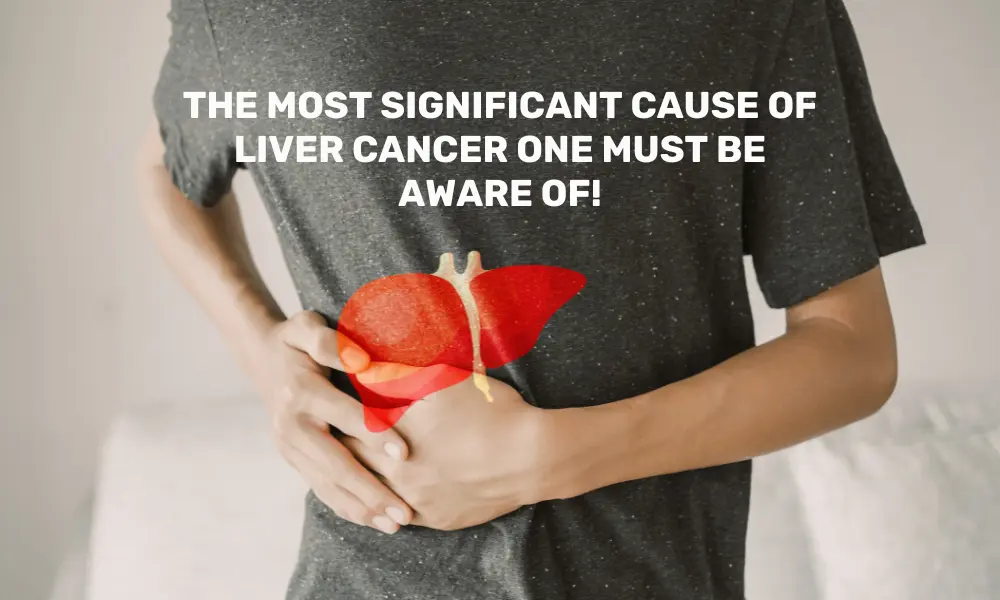Liver cancer is one of the most common types of cancer. Liver cancer is a type of cancer that develops in the cells of the liver. It is a disease that affects millions of people across the globe. Liver cancer is the 6th most common cancer worldwide. Also, it is the 5th most common cancer in men and the 9th most common cancer in women.
According to the World Health Organisation (WHO), liver cancer is the fourth most significant cause of cancer deaths in Southeast Asia and the second most common cause of cancer deaths among men. The agency also states that liver cancer deaths are set to double by 2050 to over 200,000 deaths every year. There are several factors that increase our risk of developing liver cancer.
Here is a list of the risk factors for liver cancer.
Non-Alcoholic Fatty Liver Disease (NAFLD)
NAFLD happens when there’s excess fat accumulation in the liver, which can progress to non-alcoholic steatohepatitis (NASH), cirrhosis, and eventually liver cancer. Risk factors for NAFLD include obesity, type 2 diabetes, and metabolic syndrome.
Cirrhosis
Cirrhosis, the scarring of liver tissue due to long-term damage, is a risk factor for liver cancer. Causes of cirrhosis include chronic alcohol abuse, hepatitis infections, and non-alcoholic fatty liver disease (NAFLD). Managing these conditions can help prevent liver cancer.
Chronic Hepatitis B and C Infection
When you’re infected with hepatitis B or C viruses, it increases the risk of liver cancer. These viruses can cause liver inflammation and damage, leading to cirrhosis and, eventually, liver cancer. Vaccination for hepatitis B and antiviral treatments for hepatitis C can reduce this risk.
Type 2 Diabetes
People who have type 2 diabetes generally have a higher risk of developing liver cancer, which happens due to conditions like NAFLD and obesity. Management of diabetes through medication, diet, and exercise can help lower the risk of liver cancer.
Exposure to Aflatoxin
Aflatoxins are toxic substances that are produced by certain moulds found in poorly stored grains and nuts. Consuming foods contaminated with aflatoxins can increase your risk of liver cancer, especially in regions with poor food storage practices.
Alcohol Consumption
Chronic and excessive alcohol consumption can lead to liver damage and cirrhosis and increase your risk of liver cancer. Limiting alcohol intake is important for liver health and reducing the risk of liver cancer.
Genetic Factors and Family History
A family history of liver cancer or inherited liver diseases such as hemochromatosis or Wilson’s disease can increase your risk of liver cancer. Regular monitoring and early intervention for those with a genetic predisposition can help detect and manage potential liver problems before they progress to cancer.
In addition to these factors, one must be vigilant about the symptoms of Liver cancer and take all the necessary care to keep the liver healthy. In case of any symptom, one must consult a specialist.





